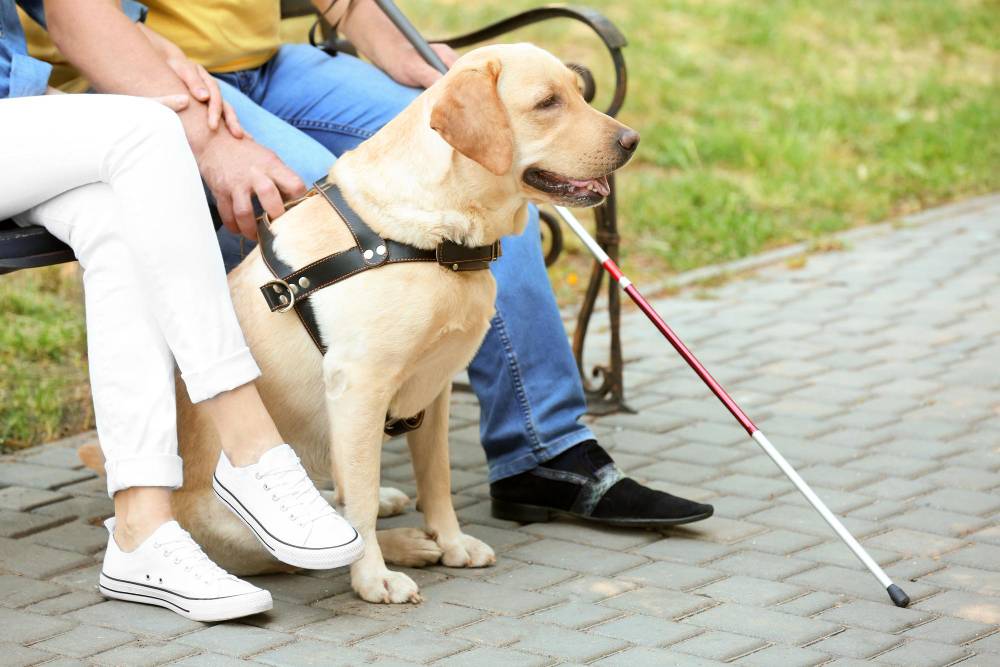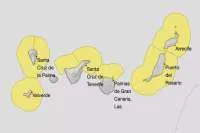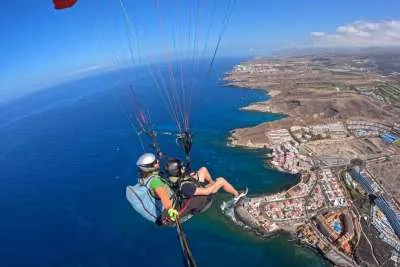Assistance dogs now granted full access to hotels, restaurants and public spaces
- 29-05-2025
- National
- Canarian Weekly
- Photo Credit: Freepik
As of today, Thursday, assistance dogs will now be allowed into hotels, aparthotels, restaurants, shops, and other public spaces across Spain, including the Canary Islands, under new legislation approved by the Spanish government this week.
The law, passed by the Council of Ministers on Tuesday, marks a major expansion of access rights previously reserved only for guide dogs used by people with visual impairments.
The updated Royal Decree replaces a 1983 regulation and establishes nationwide rules to ensure individuals with a range of support needs are not excluded.
Under the new rules, all recognised assistance dogs, including those supporting people with disabilities, autism spectrum disorder, medical conditions involving sensory disconnection, and women who are victims of gender-based or sexual violence, must be granted entry to public and private venues open to the public.
Where Will Assistance Dogs Now Be Allowed?
The law gives assistance dogs the right to enter:
- Hotels, hostels, and other tourist accommodations
- Bars, cafés, and restaurants
- Retail shops, supermarkets, and food markets
- Schools, museums, theatres, and cultural centres
- Sports facilities and healthcare centres (excluding sterile areas such as operating rooms)
- Beaches, public pools, and water parks, as long as the animal does not go into the water
Social Rights Minister Pablo Bustinduy, who led the reform, said the move ensures that no one is excluded from public life because they rely on an assistance animal.
“This is about dignity, equality, and access. It's time to update outdated laws and recognise that many people need support beyond traditional guide dogs,” he said.
National Rules Replace Regional Patchwork
Until now, regulations around assistance dogs varied from region to region. This national decree harmonises the rules and provides legal certainty for both individuals and businesses.
The government has pledged to provide information and training to ensure the new rules are properly implemented and that service providers understand their obligations.
Campaigners have welcomed the law as a long-overdue step in improving accessibility and independence for people with complex needs, and a clear message that support animals are more than welcome in modern Spain.
Other articles that may interest you...
Trending
Most Read Articles
Featured Videos
TributoFest: Michael Buble promo 14.02.2026
- 30-01-2026
TEAs 2025 Highlights
- 17-11-2025



























































